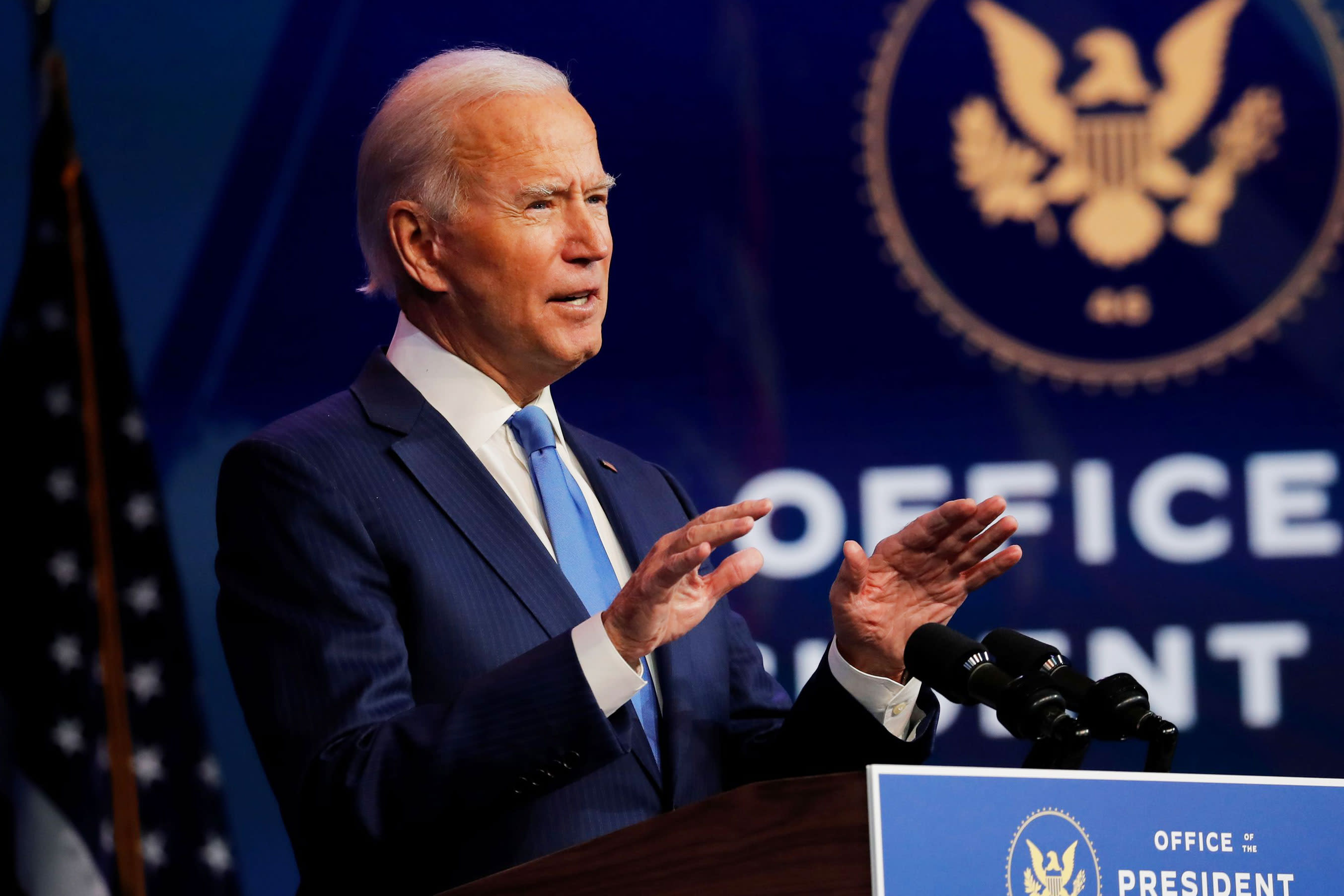
President-elect Joe Biden’s inauguration on Jan. 20 will mark a dramatic shift in domestic and international policy.
Nathan Sheets, PGIM Fixed Income chief economist and former under secretary of the Treasury for International Affairs under the Obama administration, told CNBC’s “Trading Nation” that Biden’s Cabinet picks already mark a departure from the Trump era.
“They are committed to having a clean process, deliberative and transparent kinds of policies,” Sheets said of Biden’s Cabinet selections. “So I think what that means for markets is that the era of government by tweet is very much in the rearview mirror, and it’s going to be less uncertain and a more transparent kind of communication.”
Those picks include former chief of staff to Vice President Biden Ron Klain as White House chief of staff; former deputy national security advisor Antony Blinken as secretary of State; and former Federal Reserve Chair Janet Yellen as Treasury secretary.
Like President Donald Trump, Biden still faces his fair share of challenges when it comes to trade policy, especially relations with China. However, the approach is likely to be a far cry from Trump’s isolationist moves.
“My sense is very much that it’s going to be a sea change in terms of trade policy. The Trump administration was very focused on tariffs and moving unilaterally and I think that the Biden administration is going to be much more multilateral in working with allies,” said Sheets.
Therein lies challenges but also opportunity, he noted. Biden could choose to resurrect a Trans-Pacific Partnership with countries such as Australia and Japan, a trade agreement Trump withdrew from early in his tenure, or create a new trade deal with the European Union. Sheets said any deals could have an impact on trade policy beyond the next four years and possibly make a mark for “the next several decades.”
One trade issue looks to be bipartisan, though, said Sheets: Biden will need to take a forceful stance on China.
“The reality of the U.S.-China relationship for the years ahead is that it’s going to stay tough, it will be fraught. The U.S. political situation, whether you speak to Republicans or Democrats, there’s near unanimity that the appropriate gearing for U.S. policy is to be tough on China,” he said.
This, too, could be approached multilaterally with Biden coalescing allies to enforce sanctions, he suggested. In January, the U.S. and China signed a phase one trade deal that focused on pain points including intellectual property, though progress since then has been limited. The U.S. trade deficit with China increased this year after falling in 2019.




